Your Partner for
Molecular Imaging
With the development of novel PET tracers for molecular imaging, Life Molecular Imaging (LMI), a Lantheus Company, is focusing on a key area of modern medicine. LMI strives to be a leader in the field of molecular imaging by developing innovative products that improve early detection and characterization of chronic and life-threatening diseases, leading to better therapeutic outcomes.


Our Mission
We Provide Innovative PET Tracers
to Reduce the Burden of the Diseases
Our mission is to develop novel PET Tracers in the area of Molecular Imaging that improve early detection and characterization of chronic and life-threatening diseases, leading to better therapeutic outcomes.
Our History
LMI was founded in 2012 with the acquisition of the molecular imaging research and development portfolio of Bayer Pharma AG by Piramal and is now a Lantheus company.
LMI is an international pharma company dedicated to developing and offering novel cutting-edge PET radiopharmaceuticals for imaging of neurodegenerative and cardiovascular diseases. The organization strives to be a leader in the molecular imaging field.
Our mission is to pioneer innovative PET products that improve early detection and characterization of chronic and life-threatening diseases, leading to better therapeutic outcomes and improved quality of life. By advancing novel PET radiopharmaceuticals for molecular imaging, LMI is focusing on a key field of modern medicine. It’s about making life better for everyone.
Key Milestones
2012
Bayer spins out separate entity - Piramal Enterpises Ltd. becomes new owner
2014
Neuraceq® approved by US & EU regulators
2018
Acquired by Life Healthcare Group
2025
Acquired by Lantheus
Pharma Collaborations
A partner for pharma sponsors in pre-clinical and clinical studies
LMI partners with pharmaceutical companies to provide PET imaging radiotracers and services for therapeutic clinical trials – particularly in the neurodegenerative space – to help evaluate the effectiveness of disease modifying drugs for the treatment of Alzheimer’s disease (AD) and other diseases (e.g. non-AD tauopathies). For more than 10 years, LMI has provided global PET tracer supply management and services in multiple countries around the globe with our extensive supply network for various Phase 1- 3 clinical trials.

As a partner, LMI provides:
• Single entity contracting to sponsors by providing access to LMI license partner product instead of Sponsor contracting with several different license holders
• High quality products, services and information in all processes, simplifying the component of
conducting complex trials for the sponsors
• Amyloid and tau products that meet cGMP quality standards
• Training and education to hundreds of imaging sites in ordering, receiving, and handling of
radioactive PET imaging tracers for specific pharma AD trials
• Regulatory support to sponsors in their clinical trial applications for submissions in
participating countries
• A dedicated team throughout the trial timeline – you have our support

LMI is unique as a partner:
LMI offers services also in pre-clinical research in Neurology, Cardiology, and Oncology, as well as radiodiagnostic and radiotherapeutic research and development:
• Radiolabeling setup and optimization for a variety of isotopes
• In vitro and in vivo assay setup and development
• Ligand screening
• Development and optimization of radiopharmaceutical manufacturing processes
• Technology transfers of chemistry and analytical tests
• Design and drafting of clinical study protocols
• Image data analysis
• Reader training and preparation of datasets for transfer to sponsors

Contact
The LMI team is ready to respond to your inquiry regarding our PET imaging radiotracers and clinical trial services. For additional information on LMI’s services as a partner for your clinical trials and/or research, email LMICollaborations[at]life-mi.com
Our Partners
We are serving our customers with the help of the experienced partners in the area of Molecular Imaging.
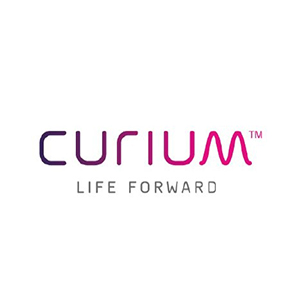
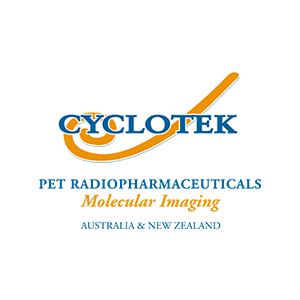

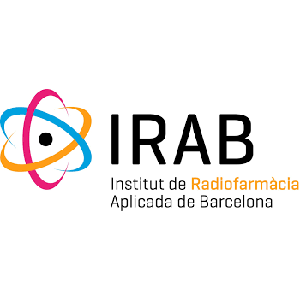


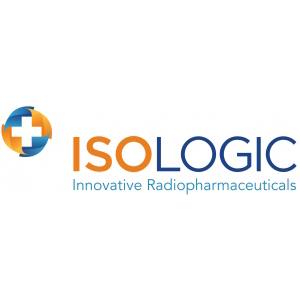

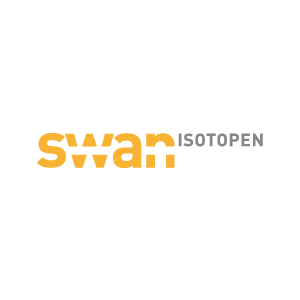

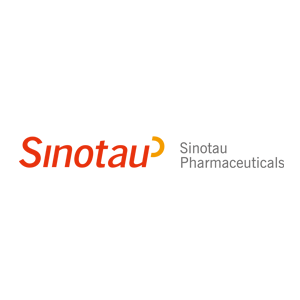

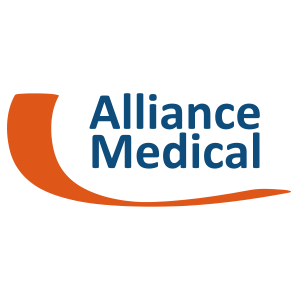
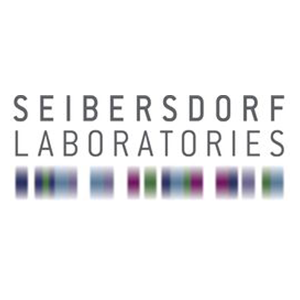

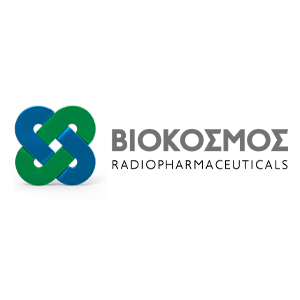
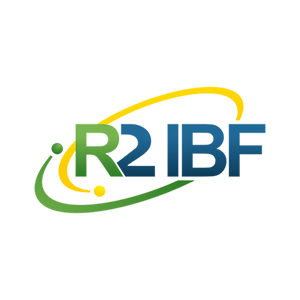
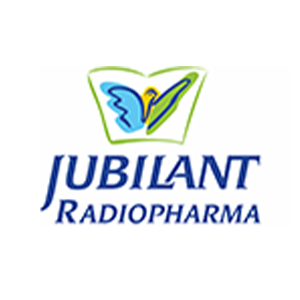
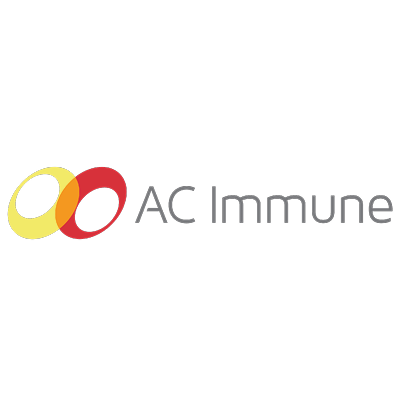
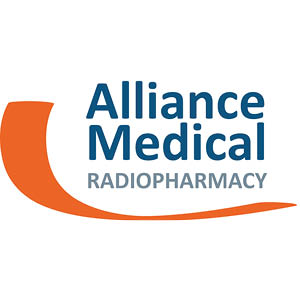
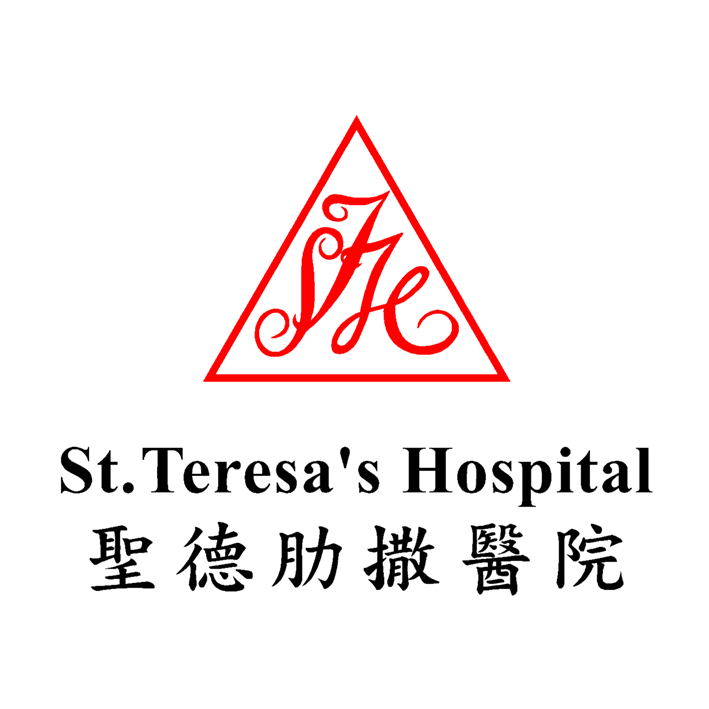
Compliance & Code of Conduct
Life Molecular Imaging, a Lantheus Company, is committed to the highest standards of ethical, moral and legal business conduct. Ethical business behaviour is the responsibility of every person in the company and is reflected not only in our relationships with each other but also with our customers, suppliers, clients, contractors, shareholders, and other stakeholders.
Being true to our customers, our environment, and our company, and respecting each other are the fundamental expectations of every Life Molecular Imaging, a Lantheus Company, employee and our business partners.
Our culture of compliance, which is fully supported by our senior management, is supported with clear and consistent policies, compliance training, and open communication channels. Life Molecular Imaging, a Lantheus Company, has developed its Compliance Program to meet the specific needs of the company and continually assesses the effectiveness of its Compliance Program. We respond quickly to concerns and identify risks, administering corrective action when appropriate.
As a Lantheus Company, the Company Code of Conduct and related corporate policies are a key component of our commitment to high standards of business and personal ethics.
As member of EFPIA (European Federation of Pharmaceutical Industries Association) Life Molecular Imaging, a Lantheus Company, is committed to comply with the EFPIA codes of standard as well as with applicable national laws and regulations for an open and transparent relationship with stakeholders across healthcare including healthcare professionals (HCPs), EU institutions and patient organizations.
Please click for our transparency reporting (as Life Molecular Imaging, a Lantheus Company) for Calendar Year: 2020, 2021, 2022, 2023, 2024.
Please click for the Spanish transparency reporting (as Life Molecular Imaging, a Lantheus Company) for Calendar Year: 2024
At Life Molecular Imaging, a Lantheus Company, we take violations against our Code of Conduct seriously: we thoroughly investigate known cases and take disciplinary actions where appropriate.
Ethics and Compliance Hotline:
Every Life Molecular Imaging, a Lantheus Company, representative (including company personnel and agents) has a duty to report any actual or suspected violations of any laws, regulations, government healthcare program requirements, internal policies and procedures, or inappropriate actions.
Employees, customers, business partners, and third parties may make a report via the Lantheus’ web-based reporting tool at lantheus.ethicspoint.com or by calling the Company’s Compliance Concern Hotline at 877-472-6272 for calls placed within the United States, or 503-747-1848 for calls placed outside the United States.
We at LMI also engage with our various suppliers around the world to ensure they comply with the general principles of LMI’s Supplier Code of Conduct.
Life Molecular Imaging, a Lantheus Company, Global Compliance Program
To obtain a copy of the Compliance Program Description, visit Compliance – Lantheus.
Annual Declaration of Compliance
California Compliance Law Statement
Life Molecular Imaging “LMI”, a Lantheus Company, is committed to compliance laws and regulations that pertains to its business, sales, research, and marketing practices in the countries in which LMI operates. LMI is in compliance with its Compliance Program (CCP) and Cal. Health & Safety Code §§ 119400-119402. Our Compliance Program contains the elements of an effective compliance program identified in the “Compliance Program Guidance for Pharmaceutical Manufacturers” published by the Office of the Inspector General, U.S. Department of Health and Human Services (“HHS-OIG Guidance”). In addition, LMI has adopted the “Code on Interactions with Healthcare Professionals” published by The Pharmaceutical Research and Manufacturers of America (the “PhRMA Code”) and has policies, procedures and processes designed to help ensure compliance with the PhRMA Code.
In accordance with Chapter 8, Part 15, Division 104 of the California Health and Safety Code (§§ 119400-119402), LMI has established an annual aggregate dollar limit of $2,000 per healthcare professional licensed in California for the following items: 1) meals provided in connection with informational presentations or scientific exchange; 2) educational items intended to enhance patient care (excluding items of minimal monetary value and/or of no independent value (e.g. printed advertising, reimbursement fact sheets)) and items for the benefit of and distribution to patients/care givers.



